Blockchain Technology - a Real Future
Blockchain, "chain of blocks" - the technology which became well known all over the world after the appearance of the electronic money system called Bitcoin. But today blockchain is studied by major corporations and even governments.

I think that a lot of ordinary people have not heard about blockchain, but everyone could have heard about the thing for which it was created - Bitcoin. It was developed in 2009 by programmer Satoshi Nakamoto. In the case of Bitcoin - transactions are money that is transferred between wallets of users. I'm not an expert in this area as many of you, and started to learn about this technology quite recently, but I've been already impressed and want to share here some of my thoughts.
What is this technology like?
Blockchain – is a database, in which there is an information about every transaction that occurs in the system. The information is stored in the form of "block chain", in each of them there is a certain number of transactions.
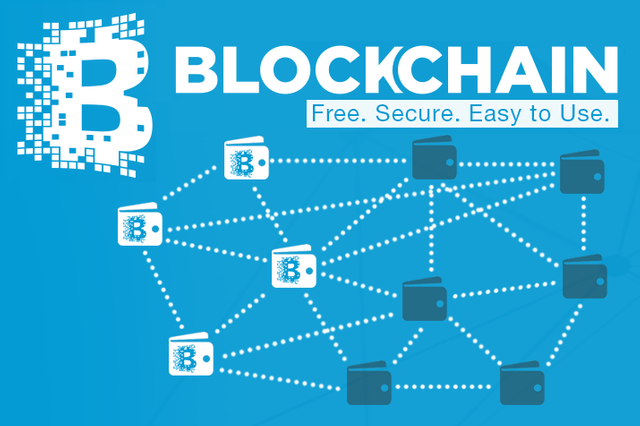
All technologies that Nakamoto used to create blockchain were known by programmers and mathematicians a long time ago. The breakthrough is that it is all combined into one operating system, which has a number of very attractive features: decentralization, publicity, the need for consensus among participants for a creation of new blocks and reward, making participation really profitable.
Application in life by the example of Bitcoin
The idea of blockchain technology is very simple - it is a huge public database that operates without centralized leadership. In the case of Bitcoin, transactions are checked by so-called miners - participants of the system, which confirm the authenticity of the committed acts, and then form blocks from the transaction records. Anyone can become a miner and get 25 Bitcoins for the creation of a new "block".
The first miner was Nakamoto himself, he got 50 Bitcoins. The amount of Bitcoins, which may be in circulation, is not unlimited, every 10 minutes in the world appears a maximum of 25 Bitcoins, and their "production" will be ended by 2140 when there will be 21 million of Bitcoins. In some countries Bitcoin even became a permitted mean of payment: you can pay with it in shops and cafes, and Bitcoin can be exchanged and you’ll get ordinary money.
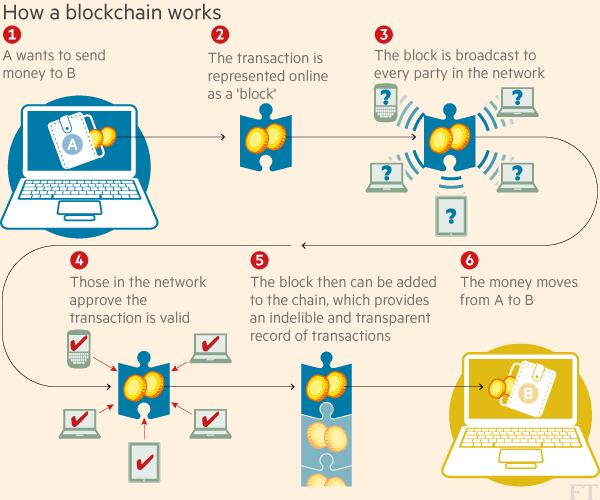
Since the process of mining itself is connected with complex mathematical problems, miners should have quite powerful computers in their arsenal. The distributed nature of the database based on blockchain allows controlling the accuracy of the transaction without the supervision of any financial regulators.
Popularity and safety
The currency became popular because of several factors.
Firstly, the mysterious creator, whose name was not known for many
years.Secondly, the idea of an anonymous payment protected from the
emission pressure of central banks and the attention of financial
regulators.Thirdly, the rapid growth of Bitcoin quotations.
Finally, there were a lot of scandals; one of the most popular
criminal cases of recent years have been associated with the online
the store called Silk Road, where it was possible to buy weapons and drugs with Bitcoins.
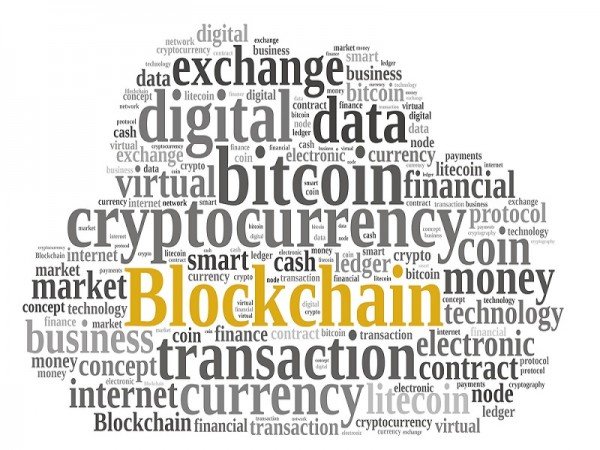
Each account holder has got an access to information on any of the 95 million transactions that have ever occurred in the blockchain from the first transaction made in 2009.
Investments
In 2014 the number of decentralized blockchain systems has tripled, in 2015 the interest in technology was among global financial, industrial, and government agencies. According to Goldman Sachs, the amount of venture financing of blockchain startups amounted $ 482 million, which is 30% more than in 2014, and 5 times more than in 2013.
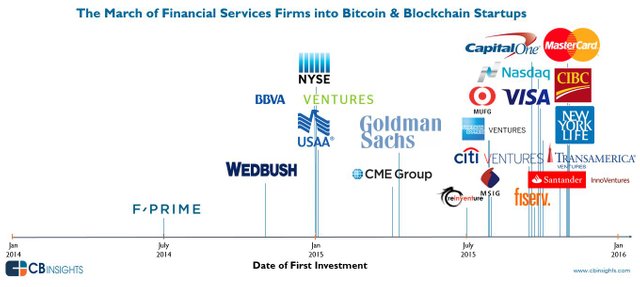
Blockchain 2.0
In March 2014 came out a new version of blockchain that allowed recording not only the history of payments but also some metadata.
Before this, the technology was a hostage of a single product - Bitcoin, which also has not got the best reputation in the world's central banks and now got freedom.
Features of blockchain
The list of problems that can be solved with the help of a "digital notary system" is almost endless.
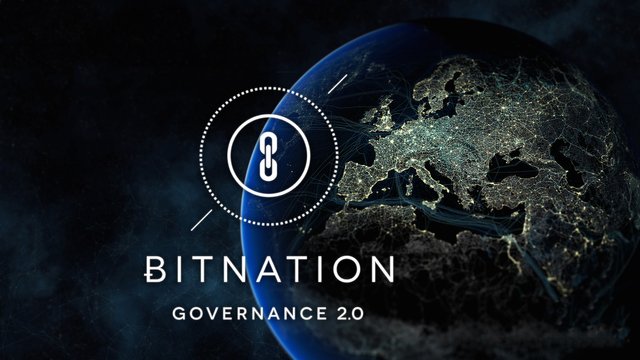
Founder of Bitnation Susan Tempelhof want to make something great: she believes that the project could make "outdated system of frontiers" less significant, and hopes that in the future Bitnation will be recognized as a sovereign unit, and an open registry - as a sovereign jurisdiction.
As any innovation, blockchain technology causes a lot of disputes in the international community. But many agree on one thing - blockchain is one of the most important inventions of the last decade, which is able to change not only the financial industry but also other spheres of life, such as cyber security or education.
Feel free to comment under this post, what you think about where this technology goes and what prospects it has.
Follow Me to learn more about popular science and scientific topics.
With Love,
Kate
Thank you for your interesting perspective. I believe Bitcoin has done much incredible work and more is to come. Perhaps it will help in improving nations eventually, but perhaps it's future now is to change the world by creating a safer worldwide money that decreases so many problems for the unbanked, inflation-torn, like in Venezuela, and misgoverned.
Thanks a lot for sharing this post! I learned again something (I do not know much about the cryptobusiness) :)